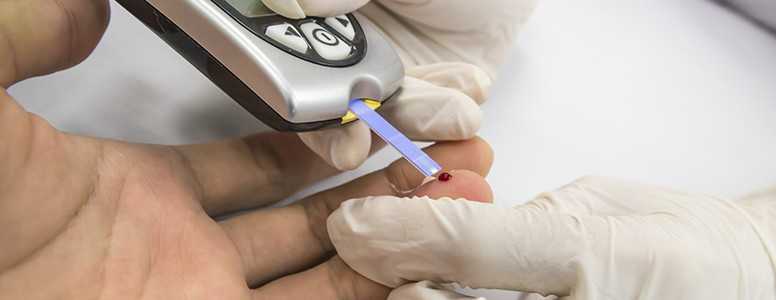A single glass of red wine a day can help control type 2 diabetes, according to a two-year study conducted by Israeli researchers.
Improved cardiac health and cholesterol levels were the reported benefits for type 2 patients who drank a glass of red wine a day, compared to those who drank mineral water or white wine.
Researchers from Ben-Gurion University of the Negev, Israel followed 224 patients with type 2 diabetes for two years. They were aged 40-75, had well-controlled diabetes and abstained from alcohol. Patients who drank more than one alcoholic drink a week, or took two or more insulin injections a day were excluded.
The study investigated what cardiometabolic effects would be found when patients drank moderate amounts of alcohol, and if the type of wine would matter. A glass of red wine has long been linked to having health benefits, including weight loss and improved cholesterol.
Earlier this year, the university reported on a similar study in which 200 participants with type 2 diabetes ate a Mediterranean diet, but one group drank a glass of red wine each evening. This group had improved high-density lipoprotein (HDL), also known as “good” cholesterol, which protects the heart, and there was some evidence that this glass of red wine each day improved blood glucose control.
In this new study, all participants again followed a Mediterranean diet without caloric restrictio, but were randomly assigned 150mL of red wine, white wine or mineral water with dinner.
Decreased cardiometabolic risks
After two years, the patients who drank wine had decreased cardiometabolic risks compared to those who drank mineral water. Patients who drank red wine experienced significantly increased HDL cholesterol and decreased total cholesterol.
It was also observed that slow alcohol-metabolisers who drank wine achieved improved blood glucose levels, but this was not the case for fast alcohol-metabolisers. One in five participants was identified as a slow alcohol-metaboliser through genetic tests.
The researchers now believe this genetic information could help identify which type 2 patients could benefit from moderate wine consumption.
Improved sleep quality was also observed among those who drank wine, but no differences were identified across blood pressure or diabetes symptoms.
The authors have called for further studies to evaluate the differences between red and white wine, and whether the total phenols in red wine – which are seven times higher than in white wine – increase cardioprotectiveness.
The researchers concluded that “clinical implication of the findings should be taken with caution with careful medical follow-up.”
The authors caution that the benefits of drinking wine should be weighed against potential risks when translated into clinical practice.
This study was published in the Annals of Internal Medicine.
What's new on the forum? ⭐️
Get our free newsletters
Stay up to date with the latest news, research and breakthroughs.





